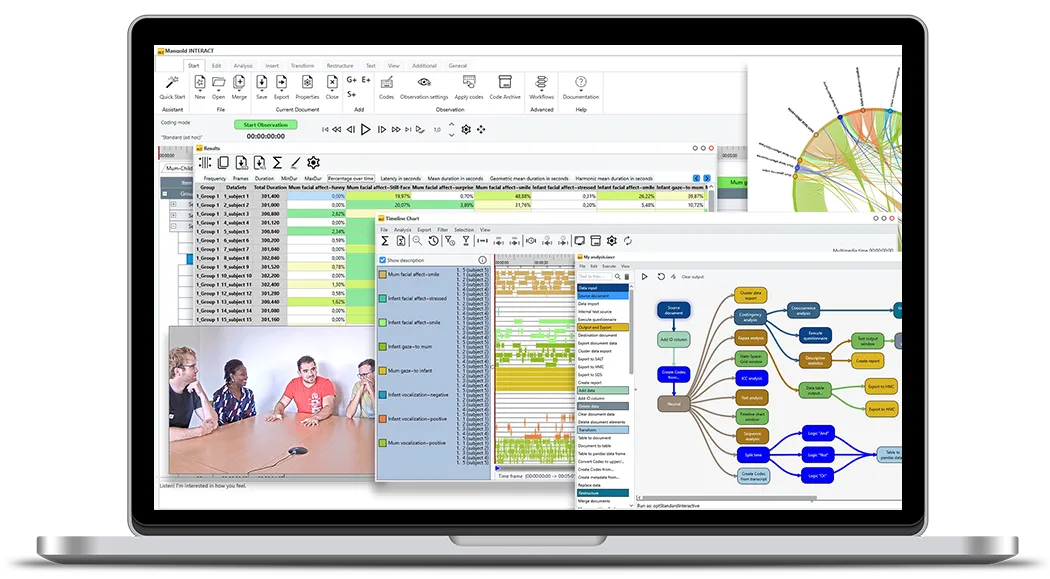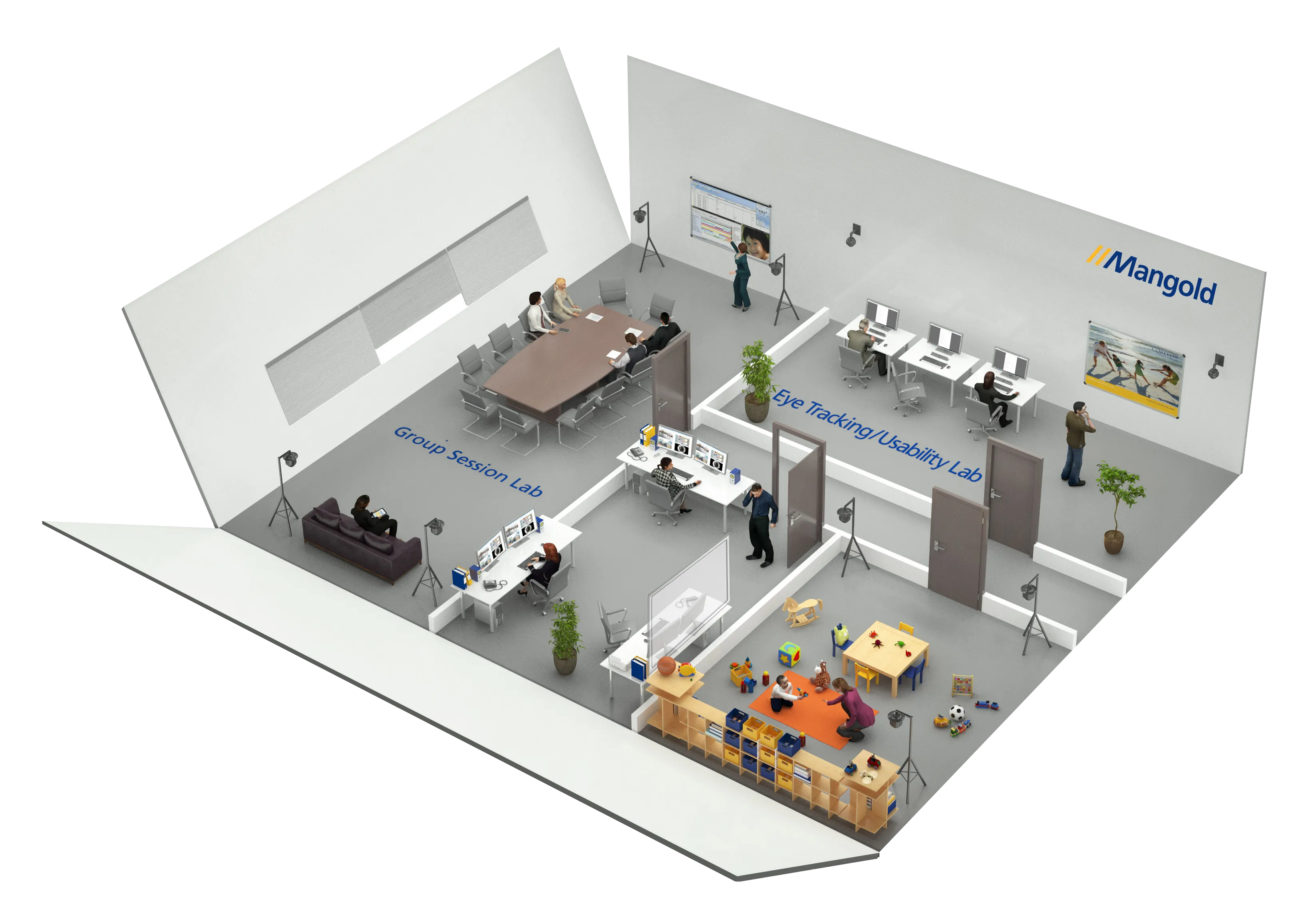Product · 11 min read
Key Theories of Developmental Psychology Unveiled
Explore the fascinating field of developmental psychology, understanding human growth through cognitive processes, social bonds, and cultural influences.

Understanding Key Theories in Developmental Psychology
Developmental psychology is a fascinating field. It explores how humans grow and change throughout their lives. This branch of psychology examines the various stages of life, from infancy to old age. Key theories in developmental psychology provide valuable insights into human behaviour. They help us to understand cognitive processes and social interactions. These theories also explore how social bonds form and evolve. Ethology and animal studies also contribute to this understanding. They offer valuable insights into human development. For example, observing animal behaviour can reveal patterns that are also applicable to humans.
Measuring behaviour is crucial in developmental psychology. Researchers use various methods to study overt and covert behaviour. These methods help to identify behavioural patterns and disorders. Social dynamics and interactions also play a significant role. They influence personality and behavioural development. Understanding these dynamics is essential for comprehending social behaviour. Multimodal research combines different approaches. This provides a comprehensive view of developmental processes. Physiological measurements add depth to this research.
Cultural and environmental factors also impact development. The role of technology is becoming increasingly significant. Together, these elements shape developmental trajectories and behavioural norms.

I. What Is Developmental Psychology?
Developmental psychology is the study of human growth and change throughout a lifetime. It examines various aspects of this, including cognitive and emotional development, from birth to old age. The field focuses on understanding how individuals evolve at different stages of life. Key areas of interest include physical growth, cognitive maturation, emotional development and social interactions. Researchers explore the various processes that influence development. They investigate the roles of genetics, family and culture. Environmental factors also play a significant role. Developmental psychology encompasses several domains:
- Cognitive Processes: How thinking and problem-solving evolve.
- Emotional Regulation: Managing emotions over time.
- Social Interactions: Forming and maintaining relationships.
- Behavioral Patterns: Observing changes in behavior.
Comprehensive research methods are required to understand developmental psychology. Longitudinal studies track individuals over time. Cross-sectional studies, on the other hand, compare different age groups at a single point in time. Each method provides unique insights into developmental stages. Together, they provide a comprehensive overview of human growth. This knowledge is invaluable for addressing developmental challenges and promoting healthy progress throughout life.

II. Major Theories in Developmental Psychology
To understand human development, it is necessary to examine key theories that shed light on this complex process. Several foundational theories guide this exploration. These theories provide frameworks for analysing cognitive, emotional and social changes. They also highlight the various stages and aspects of development. Key theories in developmental psychology include:
- Piaget’s Theory of Cognitive Development: Focuses on intellectual growth.
- Erikson’s Psychosocial Stages: Emphasizes social and identity formation.
- Vygotsky’s Sociocultural Theory: Stresses the role of cultural influences.
- Attachment Theory: Examines bonds between children and caregivers.
Each theory offers unique insights. Together, they provide a comprehensive understanding of human growth. Piaget explores how children construct knowledge. Erikson, on the other hand, explores the impact of social experiences throughout the lifespan. Vygotsky emphasises the importance of cultural context in learning processes. Attachment theory focuses on the importance of forming emotional bonds in early life. Together, these theories have advanced our understanding of human behaviour. Researchers use them to interpret various developmental phenomena and milestones. Through these frameworks, psychologists develop interventions and strategies. The aim is to address developmental challenges and promote healthy growth.
Piaget’s Theory of Cognitive Development
Jean Piaget’s theory is key to understanding intellectual development. It describes how children acquire knowledge by passing through different stages. Piaget identified four main stages. Each stage is characterised by different cognitive abilities.
- Sensorimotor Stage: Birth to 2 years; experience through senses.
- Preoperational Stage: 2 to 7 years; symbolic thinking and imagination.
- Concrete Operational Stage: 7 to 11 years; logical thinking about concrete events.
- Formal Operational Stage: 12 years and up; abstract reasoning and problem-solving.
Piaget believed that children learn through active engagement. They develop new understandings through their interactions with the world around them. His theory emphasises the importance of natural curiosity. It demonstrates how children develop reasoning skills through exploration.

Erikson’s Psychosocial Stages
Erik Erikson’s theory focuses on social and identity development. It proposes eight stages that people pass through during their lifetime. Each stage involves a psychosocial crisis or challenge. Resolving these successfully influences personality and identity.
- Infancy (Trust vs. Mistrust): Establishing trust in caregivers.
- Early Childhood (Autonomy vs. Shame/Doubt): Developing independence.
- Preschool (Initiative vs. Guilt): Initiating activities and actions.
- School Age (Industry vs. Inferiority): Mastery of skills and tasks.
- Adolescence (Identity vs. Role Confusion): Forming a clear self-identity.
- Young Adulthood (Intimacy vs. Isolation): Building intimate relationships.
- Middle Adulthood (Generativity vs. Stagnation): Creating legacy and productivity.
- Maturity (Ego Integrity vs. Despair): Reflecting on life satisfaction.
Erikson’s theory emphasizes societal influence. It underscores the impact of life stages on personal development.
Vygotsky’s Sociocultural Theory
Lev Vygotsky’s theory emphasises the impact of social and cultural factors on development. According to this theory, social interactions play a crucial role in cognitive development. Vygotsky introduced the concept of the ‘zone of proximal development’ (ZPD). This concept highlights the difference between what learners can achieve independently and with guidance.
- Zone of Proximal Development: Learning with help before achieving independence.
- Scaffolding: Support provided by teachers and peers to enhance learning.
Vygotsky emphasised the importance of language. He believed that language acts as a primary tool for thought and learning. His theory incorporates social context into the learning process. It highlights the importance of collaboration in achieving developmental progress.

Attachment Theory
Attachment theory explores the bond between children and their caregivers. This theory was developed by John Bowlby. The theory focuses on how these bonds affect emotional development. Children with secure attachments feel safe and supported.
- Secure Attachment: Confidence in the caregiver’s availability.
- Insecure Attachment: Uncertainty about caregiver responsiveness.
Attachment influences lifelong relationships. The quality of early bonds impacts social and emotional well-being.
III. The Role of Ethology and Animal Studies
Ethology plays a crucial role in developmental psychology. It uses the study of animal behaviour to gain insight into human development. Animal studies offer valuable insights. Observing animals in their natural habitats helps us to understand their instinctive behavioural patterns. Key areas influenced by ethology and animal studies include:
- Social Bonds: Examines attachment and bonding in animals.
- Behavioral Patterns: Studies routine actions and instincts.
- Learning Processes: Observes how animals adapt and learn.
These studies inform theories about human social interactions. They reveal parallels between human and animal behaviour. Understanding animal behaviour can reveal fundamental aspects of human development. Ethological research enriches our understanding of social dynamics. Researchers use these insights in developmental research. They apply these findings to improve our understanding of human behaviour. Ethology emphasises the continuity between species. It promotes a holistic perspective on developmental processes.
IV. Cognitive Processes and Development
Cognitive processes are central to understanding human development. These processes encompass how children think, learn and solve problems. Key cognitive processes include attention, memory and decision-making. Each of these plays a significant role in childhood development. Piaget’s stages form the foundation of cognitive psychology. They illustrate how thinking evolves with age and experience. Essential elements of cognitive processes include:
- Perception: How children interpret sensory information.
- Learning: The acquisition of knowledge and skills.
- Problem Solving: Developing strategies to resolve challenges.
As children grow, their cognitive abilities expand. They become better at complex reasoning and understanding. These processes have real-world implications. They influence teaching strategies and educational approaches. Studying cognitive processes can help to improve learning outcomes. It provides methods to support and enhance child development.

V. Social Interactions and Social Bonds
Social interactions are fundamental to human development. From a young age, they shape personality and social skills. Children learn through interacting with their peers and adults. These experiences influence emotional and social growth. Strong social bonds, such as those formed with family and friends, are essential. They provide support and security and enhance social competence. Key aspects of social interactions and bonds include:
- Communication: The exchange of ideas and feelings.
- Empathy: Understanding and sharing others’ emotions.
- Cooperation: Working together towards common goals.
Strong social bonds promote mental well-being. They contribute to positive self-esteem and resilience. Understanding social dynamics is key to fostering healthy relationships. This knowledge is particularly valuable for parents, educators and psychologists. Early social experiences have a lasting effect. They lay the groundwork for future interpersonal relationships.
VI. Observations: Overt and Covert Behavior
In developmental psychology, observing behaviour involves both overt and covert aspects. Overt behaviour consists of visible, directly observable actions such as talking or walking. Conversely, covert behaviour involves internal processes such as thinking and feeling, which require indirect measurement. Behavioural researchers often use a variety of techniques to effectively capture these behaviours:
- Direct Observation: Watching subjects in natural settings.
- Self-reports: Gathering data through questionnaires and interviews.
- Psychological Tests: Assessing internal states and processes.
These methods together provide a holistic picture of developmental changes and patterns.
VII. Measuring Behavior: Methods and Approaches
Accurate measurement of behaviour is crucial in developmental psychology. It helps us to understand growth and changes over time. Researchers use a variety of methods to observe behaviour. These methods can be qualitative or quantitative. One common approach is observation. This allows scientists to record real-time interactions in natural settings. There are several key ways of measuring behaviour:
- Naturalistic Observation: Observing behavior in its usual environment.
- Structured Observation: Observations conducted in a controlled setting.
- Self-Reports: Participants provide insights into their own behaviors and thoughts.
- Standardized Tests: Assess specific skills or knowledge reliably.
INTERACT: One Software for Your Entire Observational Research Workflow
From audio/video-based content-coding and transcription to analysis - INTERACT has you covered.

Each method has its strengths and limits. Choosing the right approach depends on the research question. Accurate measurement ensures that findings are valid and applicable.
VIII. Behavioral Patterns and Disorders
Behavioural patterns can provide valuable insights into development. They help to identify norms and deviations that occur over time. Some patterns may indicate potential issues. Early detection of these signs can lead to timely intervention. Behavioural disorders can significantly impact development. They can influence a child’s emotional, social and cognitive development. Common behavioural disorders in developmental psychology include:
- Attention-Deficit/Hyperactivity Disorder (ADHD): Characterized by inattention and impulsivity.
- Autism Spectrum Disorder (ASD): Involves challenges with social skills and repetitive behaviors.
- Oppositional Defiant Disorder (ODD): Displays as disobedience and hostility towards authority.
- Conduct Disorder: Involves a pattern of violating the rights of others.
Understanding these disorders is key to developing effective support strategies. Research continues to explore their causes and effective treatments. This will help us to improve outcomes for those affected.
IX. Multimodal Research and Physiological Measurements
Multimodal research integrates various methods to provide a comprehensive understanding of developmental processes. It combines different data sources and research tools to enable richer analysis. Physiological measurements are crucial in this field. They help us to understand the biological basis of development. Techniques in this area include:
- Brain Imaging: To explore neurological changes over time.
- Hormonal Assessments: To study the effects of endocrine systems on behavior.
- Genetic Testing: To identify hereditary influences on development.
These approaches improve our understanding of how biological factors interact with environmental conditions. This comprehensive perspective enables more effective interventions and applications in real-world settings.
Mangold Observation Studio
The advanced software suite for sophisticated sensor data-driven observational studies with comprehensive data collection and analysis capabilities.

X. The Impact of Culture, Environment, and Technology
Culture plays a pivotal role in shaping individuals’ development. From a young age, it influences the norms, values and behaviours that affect growth. Cultural differences can result in different developmental pathways and outcomes. The environment, encompassing physical and social aspects, also significantly impacts development. Environmental factors such as access to resources, education, and social support structures influence growth. These elements interact complexly with developmental processes. Technology, a relatively recent factor, is reshaping developmental landscapes. It offers opportunities and challenges for cognitive and social growth. While it enhances access to information and learning tools, technology also raises concerns about the development of social skills. The key impacts of these factors include:
- Cultural Norms: Dictating expected behaviors and developmental milestones.
- Environmental Influences: Shaping access to developmental resources.
- Technological Integration: Offering new tools for learning and communication.
XI. Key Takeaways and Future Directions
Developmental psychology provides valuable insights into human growth throughout life. It examines how biological, cognitive and social factors interact during this process. Understanding these dynamics can lead to more effective support for individuals at every stage of life. A key finding is the importance of early intervention in developmental disorders. Addressing issues early can significantly improve long-term outcomes. This highlights the need for continuous research and innovation in intervention strategies. Looking to the future, the field must continue to integrate diverse methods and findings. This includes combining insights from different cultures, environments and technologies. Such integration can foster a more global and nuanced understanding of human development. Key future directions include:
- Cross-disciplinary Research: To broaden the scope of developmental understanding.
- Technological Advancements: Utilizing new tools for cognitive and social exploration.
- Cultural Sensitivity: Acknowledging and incorporating diverse developmental contexts.
Mangold Observation Labs
Mangold Observation Labs are comprehensive turn-key solution for conducting behavioral research and observation.
